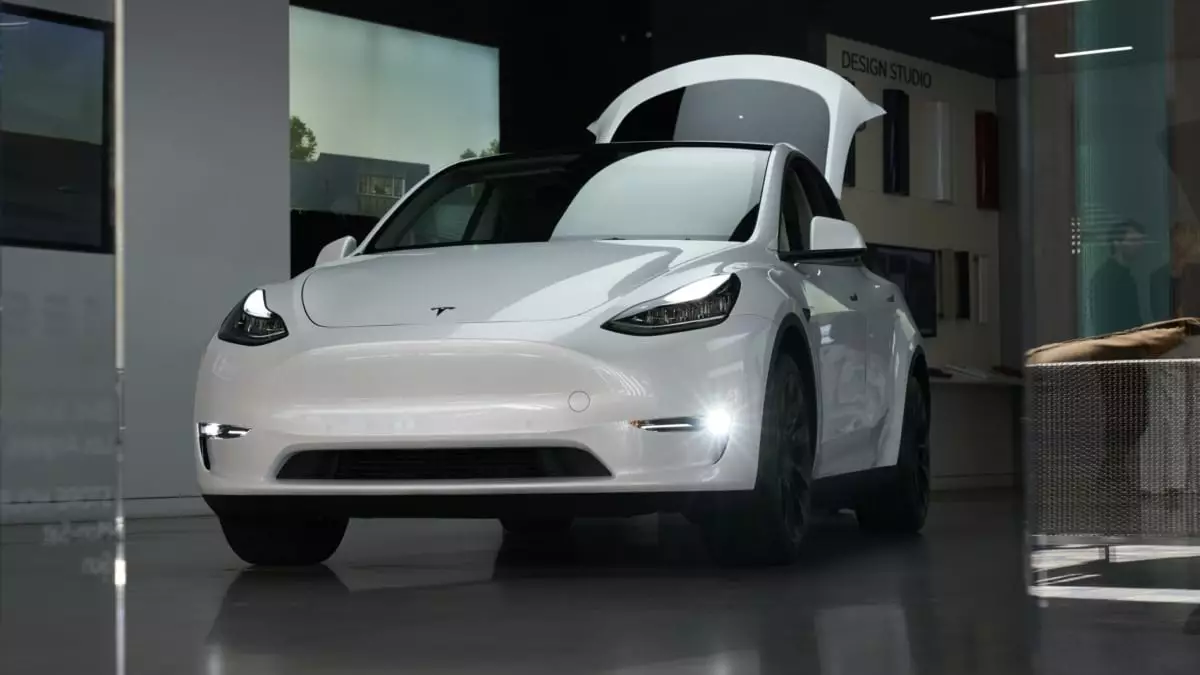Tesla, the renowned electric vehicle (EV) manufacturer, has set its sights on a new venture in India – the production and sale of battery storage systems. In its bid to expand into the country, Tesla has submitted a proposal to Indian officials seeking incentives to build a factory. This move comes as Tesla continues its discussions with Prime Minister Narendra Modi’s administration about establishing an EV factory, indicating the company’s commitment to making its mark in India’s evolving renewable energy landscape. In this article, we will delve into Tesla’s plans for battery storage in India, analyzing the potential it holds as well as the challenges that lie ahead.
During recent meetings in New Delhi, Tesla presented its proposal to support India’s battery storage capabilities utilizing its Powerwall system. The Powerwall, designed to store power from solar panels or the grid for use during periods of low energy availability, could prove instrumental in addressing India’s power shortage issues. Tesla’s plan includes targeting both residential and industrial customers for its battery storage systems, displaying a keen interest in exploring opportunities beyond electric vehicles. However, the proposal was met with reservations from Indian officials regarding the availability of incentives for setting up a battery storage factory.
While Indian officials conveyed their inability to offer incentives for the factory, they expressed their willingness to support Tesla by creating a fair business model through subsidies for purchasers of battery storage products. Although both Tesla and the Indian government are enthusiastic about the proposal, its realization remains uncertain. The success of Tesla’s foray into battery storage in India hinges on large-scale policy adjustments, necessitating calibration between the government’s vision and Tesla’s intent. While no official comments have been obtained from Tesla or the Indian government, it is apparent that constructive collaboration is essential for the implementation of this ambitious plan.
India, faced with peak-time electricity shortages and heavy reliance on coal-based power generation, urgently needs alternative solutions during periods of high demand. Storage technologies are currently expensive and uncommon in the country, leading to frequent power cuts at night when solar energy is unavailable. In 2021, India witnessed its worst power crisis in over six years due to coal transportation issues and delays in adding coal and hydropower capacity. To counter these challenges and move towards a sustainable future, India aims to increase its non-fossil fuel power capacity to 500GW by 2030, highlighting the need for cost-effective and efficient storage solutions.
Tesla’s Powerwall, a sleek and compact unit designed for domestic and light commercial use, offers a potential solution to India’s power challenges. With its ability to store excess energy from solar panels or the grid, the Powerwall represents a viable option for meeting the country’s increasing energy demands during peak hours. Although primarily intended for residential use, Tesla’s expansion into India could pave the way for developing larger-scale storage solutions for industrial applications. However, Indian officials have suggested that Tesla must work on reducing the cost of its battery storage products to unlock their full potential in the market. The demand for such technology is anticipated to be high, and the government’s involvement in facilitating market growth would be crucial.
As Tesla continues its push to enter the Indian market, its venture into battery storage systems holds immense potential for India’s evolving renewable energy landscape. The proposal to introduce its Powerwall system could address the country’s power shortage issues and contribute to its goal of increasing non-fossil fuel power capacity. However, challenges such as the availability of incentives, policy adjustments, and cost reductions need to be addressed to ensure the success of Tesla’s endeavor. Collaborative efforts between Tesla and the Indian government would be instrumental in realizing the full potential of battery storage in India and setting the stage for a greener and more sustainable future.


Leave a Reply